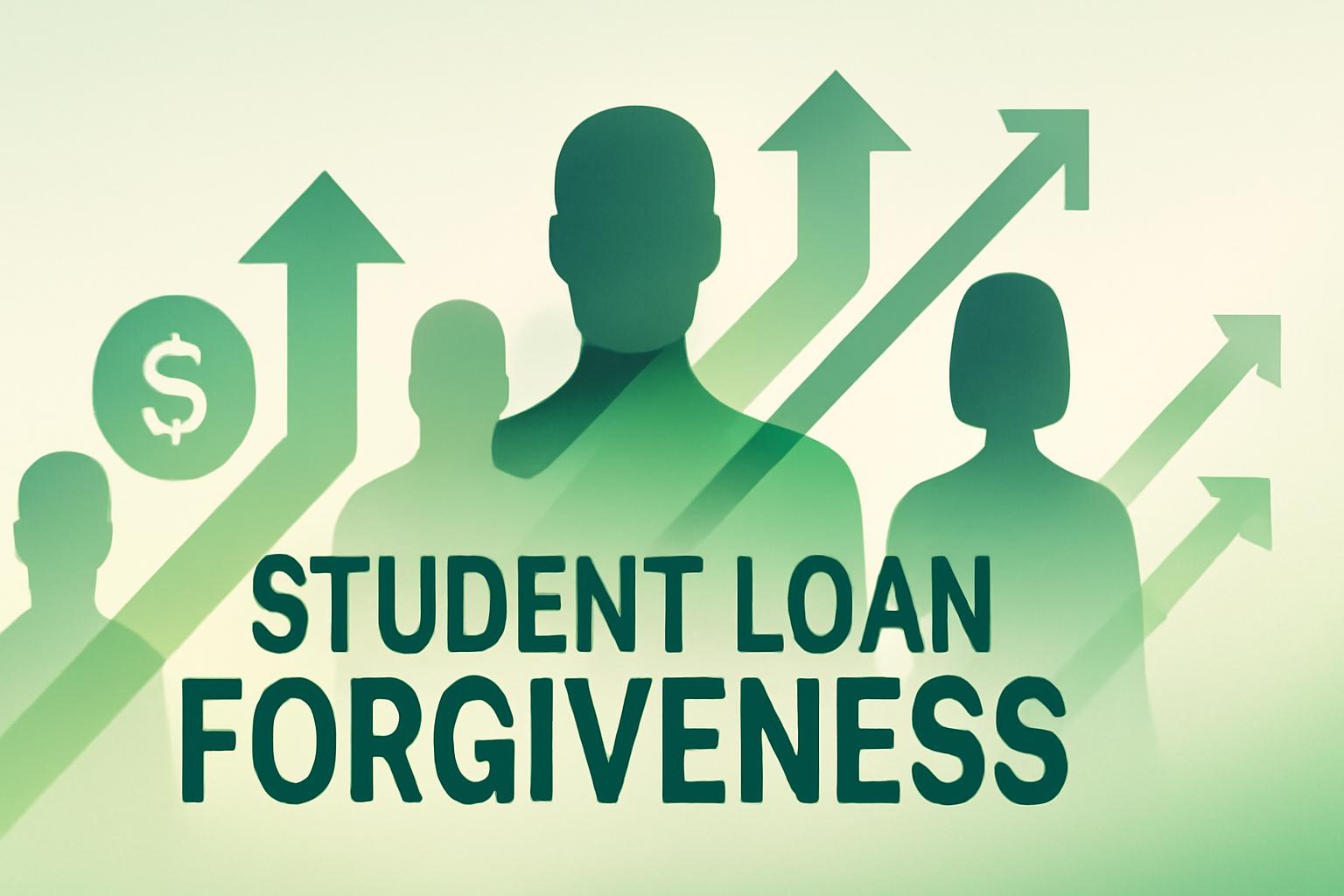Trump Administration Resumes Income-Based Repayment Loan Forgiveness
The Trump administration has reinstated student loan forgiveness for certain borrowers enrolled in the Income-Based Repayment (IBR) program, which had been temporarily halted since July. Borrowers who have been making payments for decades and meet eligibility criteria under IBR are receiving notifications about upcoming debt cancellation. Confirmation of the resumption came from Scott Buchanan, executive director of the Student Loan Servicing Alliance, a trade group representing federal student loan servicers. Consumer advocates also report borrowers receiving forgiveness notices, signaling the program’s reactivation.
Background: IBR Forgiveness Paused Amid Legal and Administrative Review
The U.S. Department of Education had paused loan forgiveness under IBR during the summer to reassess borrower payment histories in light of recent court rulings. The Biden administration’s SAVE plan, designed to streamline forgiveness timelines by crediting certain payment pauses, was blocked by the 8th U.S. Circuit Court of Appeals in February, complicating repayment calculations. With SAVE’s suspension, borrowers no longer receive credit for certain forbearance periods, prompting the department to temporarily halt IBR forgiveness to ensure accuracy. The department also committed to refunding any payments made after borrowers became eligible for forgiveness once discharges resumed.
IBR’s Unique Role in Student Loan Repayment Landscape
IBR remains one of the few income-driven repayment plans that culminate in full loan forgiveness after 20 or 25 years, depending on loan origination dates. Following recent legislative changes under President Trump’s “big, beautiful bill,” several other repayment options have been phased out. Higher education expert Mark Kantrowitz emphasized that the pause in IBR forgiveness left many long-term borrowers in a difficult position, as IBR is now the primary pathway to debt cancellation for many federal loan holders.
Ongoing Legal Challenges and Borrower Backlogs
The pause on IBR forgiveness has been a central issue in litigation brought by the American Federation of Teachers (AFT), which represents approximately 2 million members. The AFT filed suit against the Department of Education in March, alleging that the pause unfairly deprived borrowers of their rights to debt relief. Despite the resumption of IBR forgiveness, the lawsuit remains unresolved. Additionally, tens of thousands of borrowers awaiting Public Service Loan Forgiveness (PSLF) decisions continue to face delays. As of August 31, over 74,000 applicants remain in backlog, some having waited more than six months for determinations.
Public Service Loan Forgiveness Delays Persist
PSLF offers loan cancellation for borrowers who have worked for qualifying not-for-profit organizations or government agencies for at least ten years. However, significant processing backlogs have hindered timely relief for many eligible borrowers.
FinOracleAI — Market View
The resumption of student loan forgiveness under the Income-Based Repayment plan signals a cautious but positive step toward resolving long-standing repayment challenges for federal borrowers. The move restores a critical debt relief mechanism after months of uncertainty caused by legal and administrative hurdles.
- Opportunities: Renewed IBR forgiveness may improve borrower financial stability and reduce default risk.
- Risks: Ongoing litigation and bureaucratic delays could continue to impede relief for many borrowers.
- Backlogs in Public Service Loan Forgiveness processing remain a significant concern for federal employees and nonprofit workers.
- Policy shifts and court rulings may further impact the availability and timing of student debt cancellation programs.
Impact: The administration’s decision to restart IBR forgiveness is expected to have a moderately positive effect on borrower confidence and federal loan servicing operations, though legal uncertainties and operational backlogs pose ongoing challenges.













